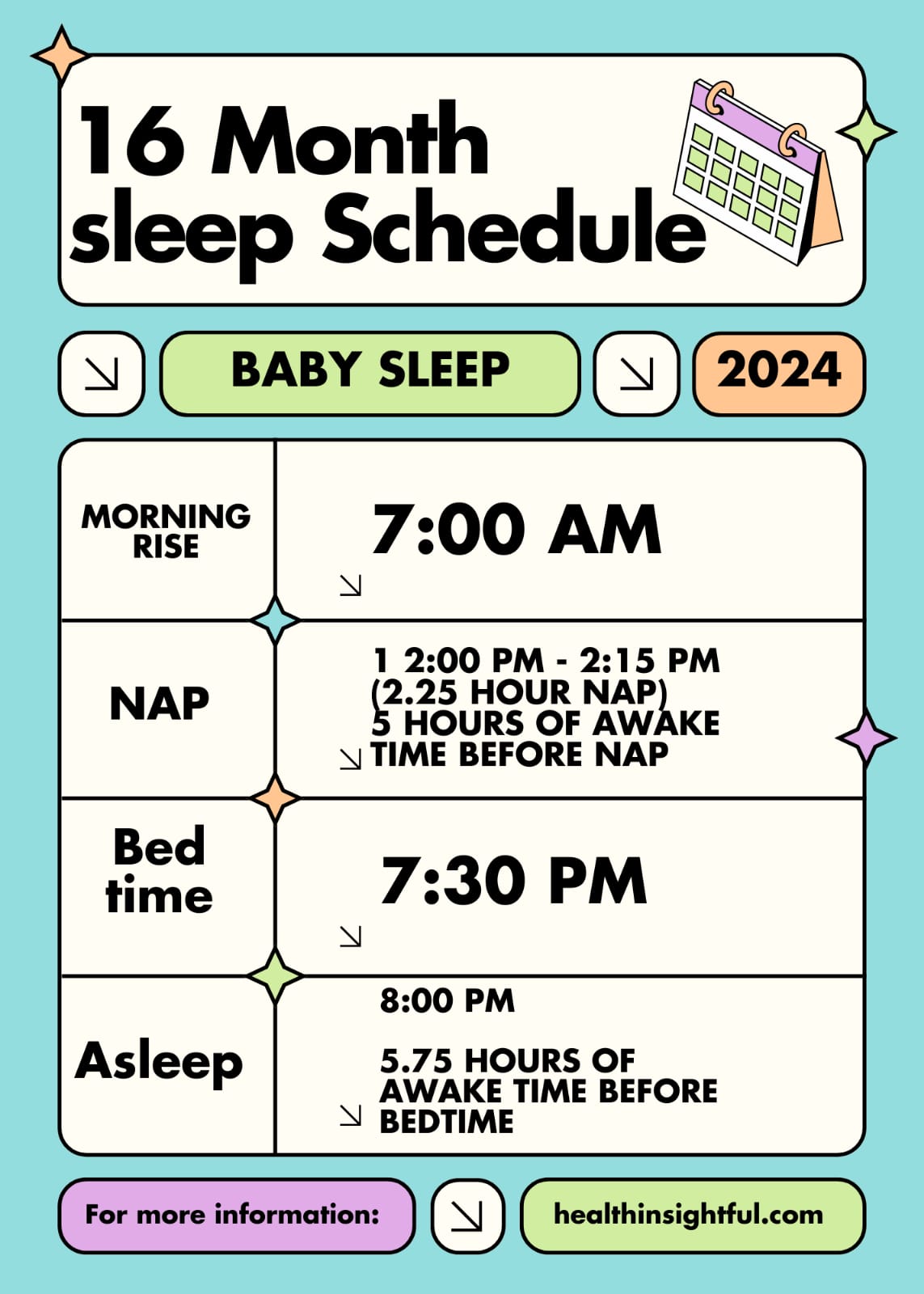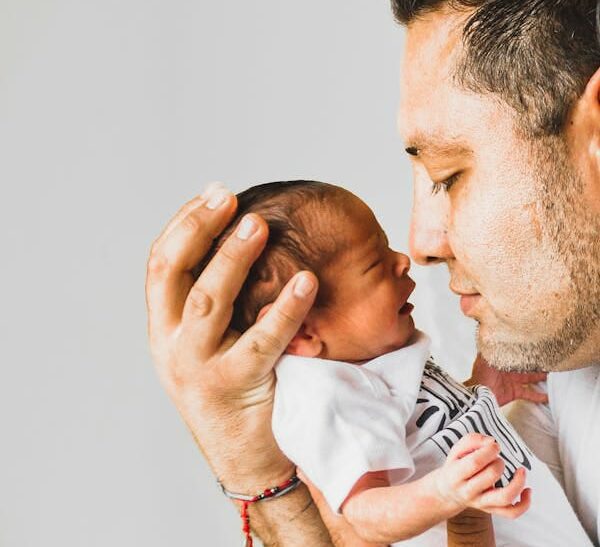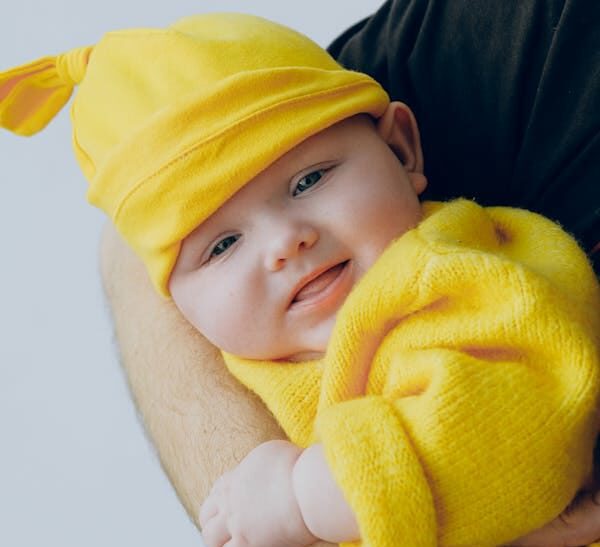It is a method through which babies can learn to fall asleep independently and establish good sleep habits. There is no perfect way, but knowing when to start with your baby’s sleep training makes all the difference in this world. This age-by-age guide will help you in finding just when to begin sleep training based on developmental milestones and readiness.
Newborn Stage: 0-3 months, routine set up, no training
It is, however, still too early in this stage to start off with formal sleep training. Newborns have very unpredictable sleeping patterns: they wake up now and then to get fed. Their small stomachs and underdeveloped circadian rhythms mean that it is normal for them to sleep in bits and pieces. One should, however, still not expect the baby to sleep through the night, by creating a healthy sleep environment and laying down some general routine.
Things to Emphasize:
- Establish sleep routine: A bath, rocking, or even a lullaby is all that is usually needed for a baby to learn it is bedtime.
- Differentiate nighttime from daytime: During the day, use bright lights and loud noises. In contrast, at nighttime, keep off bright lights and make your room silent to help your baby begin to differentiate this time as a time to sleep.
- Why Sleep Training Is Too Early: Newborns need to be fed so frequently, and are developing their nervous systems. It can also be stressful for babies, aside from being very stressful for parents, it is just not necessary until your baby’s sleep patterns start to become more predictable.
4-6 Months: Introduction of Gentle Sleep Training
Between 4 to 6 months, babies get into a more regulated pattern of sleeping. It is in this period that babies may start to sleep for longer stretches of the night without waking and also do not wake up as often for night feedings. This is usually a period where regressions occur with sleep; thus, it always falls in such a period that parents may think of sleep training.
Signs Your Baby May Be Ready:
- Your baby can sleep for longer stretches of 4-6 hours.
- Your baby is establishing a time routine for more regular nap times .
- You find your baby can stretch the time between nighttime feedings .
Sleep Training Methods to Try
- The Chair Method: This is when you sit close to your baby as they fall asleep and each night move a little farther away.
- Pick-Up/Put-Down Method: Give them comfort when they cry, but put the baby back in the crib to learn to fall asleep on their own.
- Why This Age Is Ideal for Sleep Training: At about 4 to 6 months, babies are establishing some sense of self-soothing and hence find it easier to incorporate some easy sleep training. It is also a perfect time because babies are not mobile as yet, which means there is less waking up due to acquired skills like rolling or pulling themselves up.
6-9 Months: Building Sleep Independence
Infants between 6 and 9 months usually sleep through the night, although they may still require one feeding during this time. They can sleep for about 8 to 12 hours. At this phase of a baby’s development, parents should feel much more confident in starting or continuing sleep training because an infant has reached an age developmentally where they may begin learning to go to sleep on their own.
Signs Your Baby May Be Ready:
- Your baby has learned to calm him/herself when he/she happens to wake up at night .
- Your baby is not waking up as frequently for nighttime feeds.
- Your baby can fall asleep with less involvement from you
Sleep Training Techniques
- The Ferber Method (Graduated Extinction): It is the most widely known popular sleep technique, and it denotes leaving a baby to cry for increasingly longer periods before briefly comforting the baby. The concept behind it is that babies learn to soothe themselves down.
- Sleep Schedules: Continue having an established, consistent bedtime routine as it helps in getting your sleeping baby right into the sleep mode.
- Why This Age Is Ideal for Sleep Training: By this age, babies are physically capable of sleeping through the night without a feeding. Your baby is also more familiar with their sleep environment compared to earlier months and has acclimated to a routine, which allows effective sleep training.
9-12 Months: Reinforcing Good Sleep Habits
Sleep training within 9-12 months could be fruitful, especially if the baby has sleep disturbances related to crawling, standing, or teething attainments. This is also one of those periods when separation anxiety greets, and consistency in your approach to sleep training becomes paramount.
Signs Your Baby May Be Ready:
- Your baby has night wakings disrupted by developmental changes.
- Separation anxiety is causing more challenges at bedtime.
- Your baby is getting increasingly mobile and messing with well-trotted sleeping patterns.
Methods of Sleep Training to Try:
- Gradual Withdrawal: Stay in the room while your baby falls asleep but minimize the interaction; this works well with babies that have separation anxiety issues to learn how to sleep independently.
- Modified Ferber Method: Continue with the Ferber Method but change the intervals according to what your baby can tolerate.
- Why This Can Be a Challenging Age for Sleep Training: Learning to stand and walk, and developmental separation anxiety, can really work against sleep training success. Repetition of bedtime routines and techniques about sleep training can help to solidify good sleep behavior during this time period of a child’s life.
12-18 Months: Sleep Training Begins Toddler Sleep
By the time your baby is 12-18 months, they may drop to fewer naps, but the nighttime sleeping should become more regular. However, sleep training again might be in order since behavioral issues-like resisting going to bed, or night wakings due to uncomfortable teething or viral infection-may arise.
Signs Your Baby May Be Ready:
- Your toddler resists sleeping at night or wakes up too much.
- Changing to one nap tends to interfere with nighttime sleeping while making this transition.
- Teething or illness is interfering with usual sleeping habits.
Sleep Training Techniques to try:
- Consistency and Routines: Follow a predictable pattern since toddlers are creatures of habits. It lessen resistance to bedtime.
- Reassurance without reinforcement: In case your toddler awakens during the middle of the night, reassure him without reinforcing nighttime wakings, which only create new sleep associations.
- Why sleep training may be necessary: It is at this age that the toddlers are more aware of their surroundings, and sleep might therefore be difficult. Re-establishing gentle sleep training can help deal with such interruptions and ensure that good sleep patterns are upheld.
18 Months and Beyond: How to Address Sleep Regression and Transition
By about 18 months, most toddlers experience yet another regression in sleep that turns those good sleeping habits of the past few months into a thing to be remembered. Growing independence, new fears, or transitions, such as going onto a toddler bed, tend to interfere with sleep.
Signs Your Toddler Needs Sleep Training:
- Your toddler resists bedtime or wakes up frequently at night.
- Your child’s sleep is impacted by sleep regression or transition phases.
- Separation anxiety has turned bedtime into a dreadful nightmare.
Recommended Techniques for Sleep Training:
- Establish Consistent Positive Sleep Associations: A relaxing bedtime routine and sleep environment will serve to overcome nighttime fears and help induce sleep.
- Gradual Transition to Toddler Bed: This should be done gradually if the toddler has to transition to a toddler bed and should be allowed to get used to the new bed just like the crib.
- Why Sleep Training May Be Necessary: This is because sleep regressions, growing independent, or transitions may perturb the toddler’s sleeping. Therefore, taking the same method as for infants to toddlers or re-emphasizing it more, they can readapt to a healthier sleeping pattern.
Conclusion
Although there is no age perfection in terms of sleep training, all babies are unique. Knowledge of the developmental stage and readiness of your baby should help in timing and choosing a method suitable for your family. Be it starting at 4 months or finding your baby at 18 months still in need of retraining in sleep, the same valued approach-constant yet loving and patient-will teach him the skills he needs to fall asleep and sleep well on his own.










